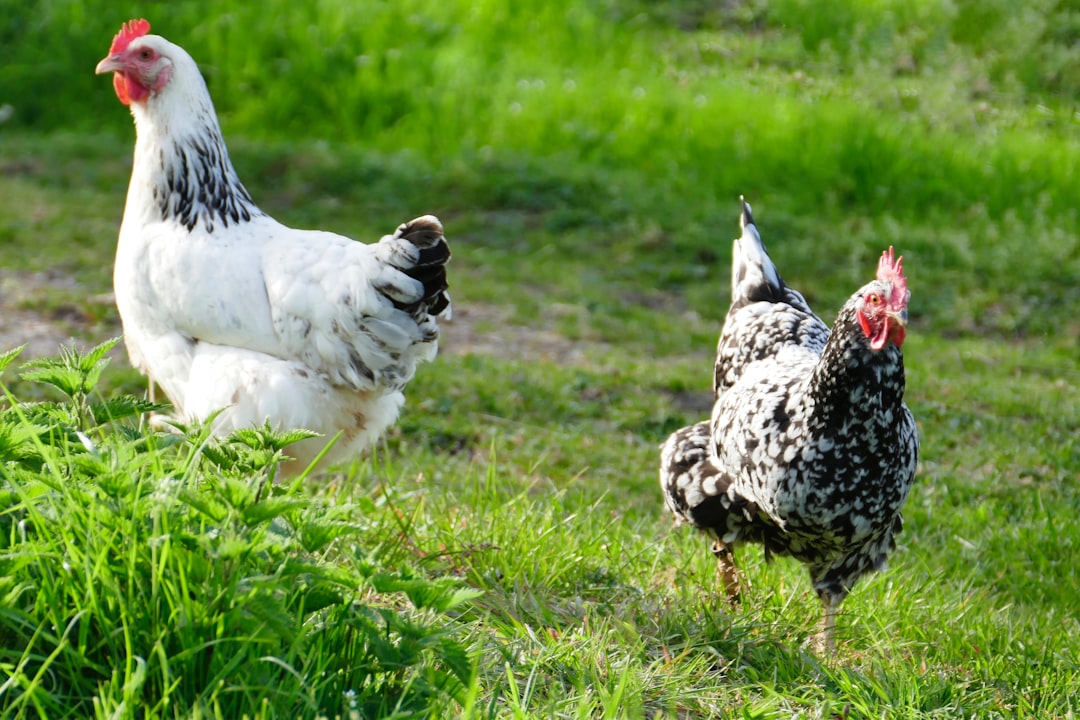Water is the most critical nutrient in poultry production, constituting about 70% of a chicken's body weight and playing a vital role in thermoregulation, digestion, and nutrient absorption. Ensuring high-quality water is essential for maintaining bird health, productivity, and overall farm efficiency. Here’s a comprehensive overview of why water quality and management are crucial in poultry production.
1. Impact of Water Quality on Poultry Health
-
Disease Prevention: Poor water quality can lead to the transmission of diseases such as salmonellosis, E. coli infections, and other bacterial and viral diseases. Regular water testing and sanitation are vital to prevent these outbreaks.
-
Performance and Growth: High-quality water is linked to better growth rates and feed conversion ratios. Poor water quality can lead to reduced water intake, affecting feed consumption and overall performance.
2. Factors Affecting Water Quality
-
Chemical Parameters: pH, hardness, total dissolved solids (TDS), and levels of sodium, chloride, and other minerals can significantly impact water quality. High levels of certain minerals can lead to health issues and poor litter conditions.
-
Microbiological Contaminants: Presence of bacteria, viruses, and parasites can compromise water safety and bird health. Regular testing for pathogens like E. coli is essential.
-
Physical Parameters: Water clarity, odor, and temperature also affect consumption and bird comfort.
3. Water Management Strategies
-
Supply Systems: Ensure efficient and continuous water supply systems to prevent thirst and maintain bird welfare.
-
Water Treatment: Implement treatment methods such as chlorination, filtration, or ozone treatment to maintain water quality and safety.
-
Biofilm Control: Regularly clean water pipes to prevent biofilm buildup, which can harbor pathogens and reduce water quality.
4. Optimizing Water Consumption
-
Environmental Factors: Manage ambient temperature and humidity to optimize water intake. High temperatures increase water consumption, while poor air quality can lead to reduced feed intake.
-
Feed Quality: Ensure feed is balanced and nutrient-rich to support optimal water intake and utilization.
5. Monitoring and Maintenance
-
Regular Testing: Regularly test water for chemical and microbiological contaminants to ensure it meets safety standards.
-
Staff Awareness: Educate farm staff on the importance of water quality and the need for prompt action if deviations occur.
Conclusion
Water quality and management are pivotal in poultry production, impacting bird health, productivity, and overall farm efficiency. By understanding the factors that affect water quality and implementing effective management strategies, poultry farmers can ensure their flocks receive the best possible care. Whether you operate a small backyard flock or a large commercial farm, prioritizing water quality is essential for maintaining healthy and thriving poultry operations.
Citations:
- https://www.trouwnutritionasiapacific.com/en-in/7.0-tn-In-news-and-events/highlighted-stories/2023/water-quality-broiler/
- https://www.dowdens.com.au/news/why-water-quality-is-important-for-the-poultry-industry/
- https://www.mdpi.com/2673-4060/5/4/48
- https://avinews.com/en/importance-of-drinking-water-quality-in-poultry/
- https://www.srpublication.com/the-vital-role-of-drinking-water-in-poultry-production/
- https://www.frontiersin.org/journals/animal-science/articles/10.3389/fanim.2024.1467287/full
- https://www.veterinariadigital.com/en/articulos/the-importance-of-water-in-poultry-production-how-to-achieve-an-efficient-supply-system/
- http://extension.msstate.edu/publications/importance-water-quality-nae-production
- https://www.deheus.co.za/explore-and-learn/insights/understanding-the-key-role-water-quality-plays-in-poultry-health
- https://www.veterinarypaper.com/pdf/2019/vol4issue4/PartA/4-3-1-362.pdf

Comments
No comments yet. Be the first to comment!
You must be logged in to comment. Login